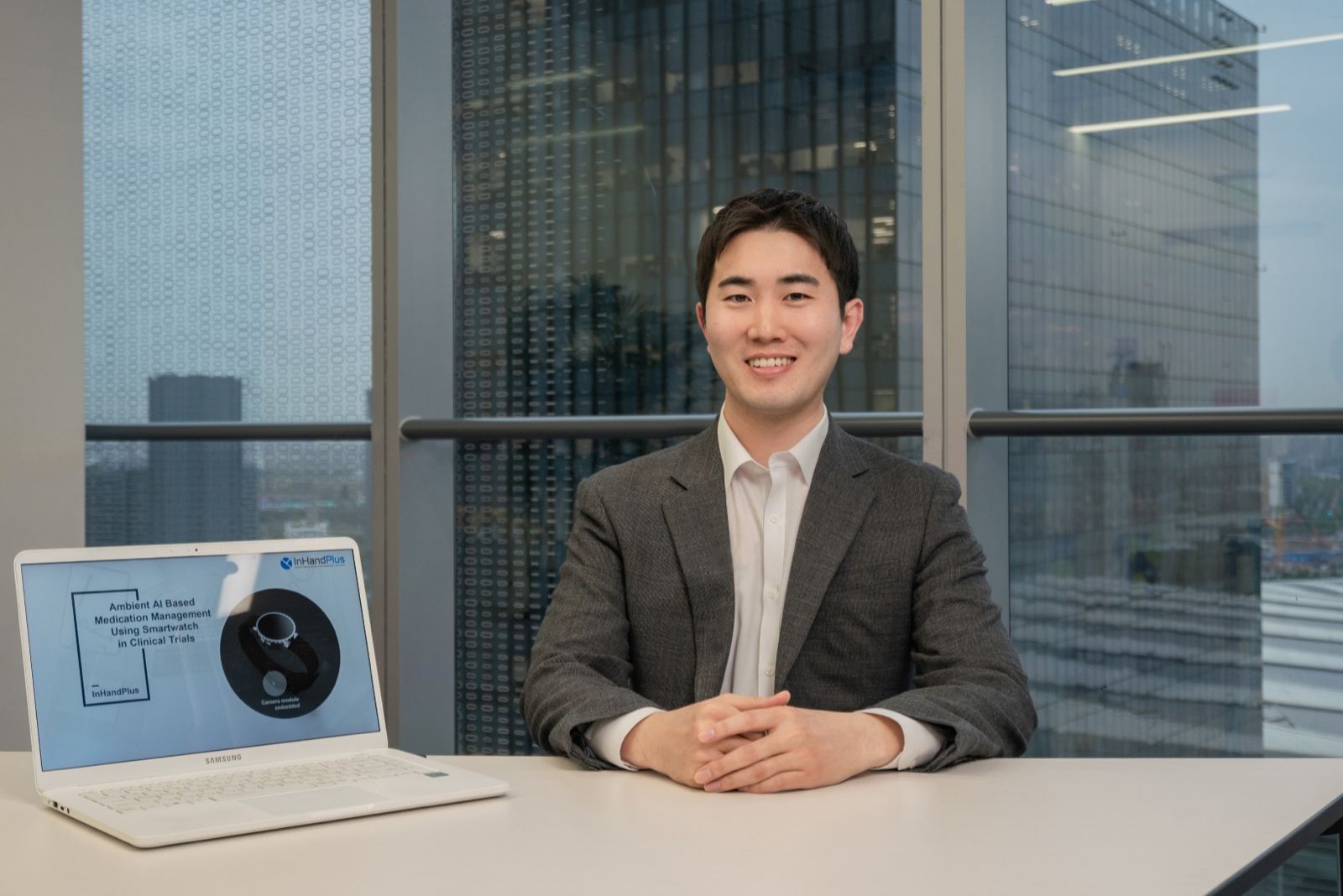AsiaTechDaily – Asia's Leading Tech and Startup Media Platform

Transforming Singapore’s Healthcare Landscape: Navigating Demographic Changes and Economic Challenges
Amid escalating healthcare expenses, Singapore’s dedication to controlling these costs while maintaining high standards of care is increasingly important. Singapore’s healthcare system is renowned worldwide for providing universal access to high-quality health services. It contributes significantly to the nation’s long-term economic objectives. This commitment is evident in the updated Industry Transformation Map (ITM) 2025, which emphasizes research, innovation, and the development of cutting-edge medical technologies.
Singapore’s healthcare sector serves its residents and positions the nation as a leading international hub for medical tourism. This sector attracts a diverse group of patients and healthcare professionals globally. Historically, before the pandemic, Singapore emerged as a top destination for medical tourists, attracting around 500,000 visitors each year and generating over US$1 billion for the local economy.
Central to Singapore’s approach to healthcare is the proactive management of evolving health challenges and the rapid progression of medical technology, with a particular focus on controlling escalating costs. Between 2010 and 2019, healthcare spending in Singapore increased significantly, from SG$3.8 billion (US$2.846 billion) to SG$11.1 billion (US$83.15 billion). This upward trend is likely to continue, driven by an aging population and an increase in chronic diseases. Nevertheless, the Singaporean government remains committed to cost management, having allocated US$6.5 billion for patient subsidies in 2020, with the intention of improving the quality and accessibility of healthcare.
The aging population in Singapore poses additional economic challenges, potentially slowing workforce growth and placing a more significant burden on a younger and smaller workforce. Addressing these challenges requires innovative solutions and policies.
Singapore employs a range of strategies to balance costs and quality effectively. These include preventive care measures and public health initiatives that encourage healthier lifestyles. This article will delve deeper into these strategies, examining the effects of an aging population on economic growth and workforce dynamics and discussing the significance of medical tourism in Singapore’s healthcare landscape.
Exploring the Impact of Digitalization on Patient Care in the Healthcare Industry
Digitalization is revolutionizing Singapore’s healthcare sector, with advanced technologies facilitating a shift from traditional in-person services to online platforms, remote patient monitoring, and the integration of Artificial Intelligence (AI) to improve medical service delivery. This transformation underscores a significant evolution in how healthcare is administered in Singapore, leveraging technology to enhance patient care and streamline medical processes.
Telemedicine: A Vital Healthcare Tool in the Post-Pandemic Era
Telemedicine plays a crucial role in the ongoing evolution of Singapore’s healthcare system, providing essential services such as remote consultations and patient monitoring. This approach is particularly advantageous for individuals with chronic illnesses, offering timely care that can lead to improved health outcomes.
Throughout the COVID-19 pandemic, telemedicine emerged as a vital tool for case management and reducing the spread of the virus while maintaining uninterrupted access to healthcare services from various providers. This decentralization of the services has dramatically enhanced convenience for Singapore’s population. The flexibility and effectiveness of telemedicine have positioned it as a fundamental component in shaping the future of healthcare delivery in Singapore.
Singapore’s AI Leap in Healthcare
Furthermore, Singapore embraces Artificial Intelligence (AI) to advance healthcare delivery and foster innovation within the sector. Synapxe, previously known as IHiS and now serving as the national health technology agency, is actively integrating AI into various projects. These projects focus on addressing critical healthcare challenges, including diagnostics, patient admissions, and readmissions, as well as overall management.
In partnership with the Ministry of Health (MOH), Synapxe is instrumental in supporting the achievement of Singapore’s national healthcare goals. This collaboration underscores Synapxe’s strategic importance in enhancing the healthcare outcomes of the Singaporean population.





